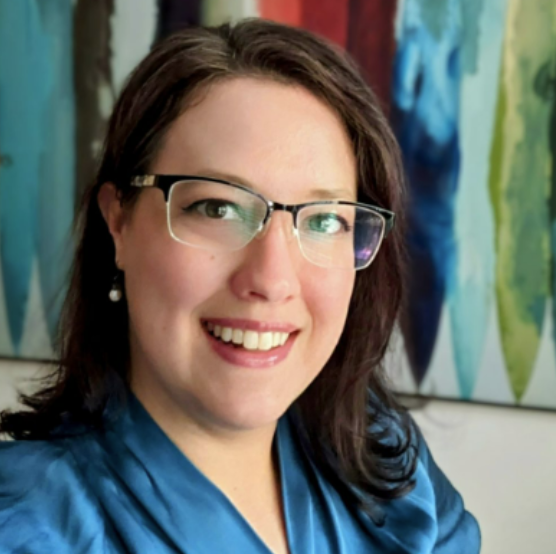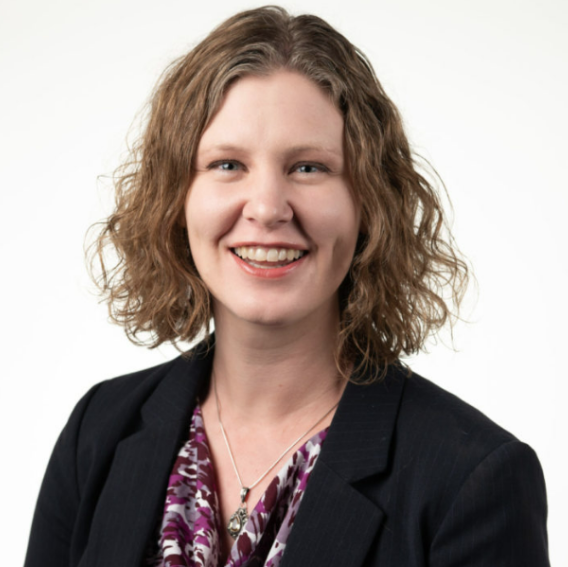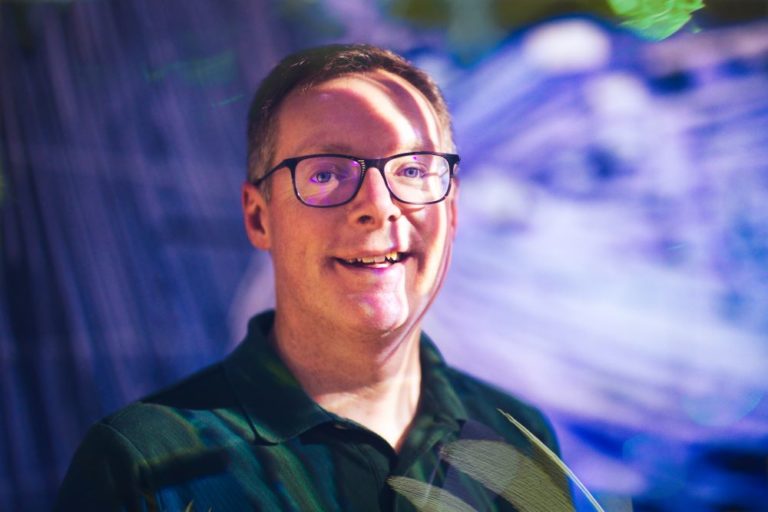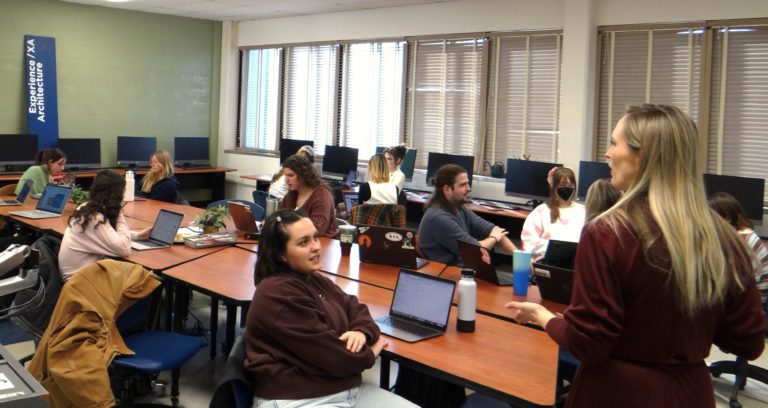This fall semester, WRAC welcomes three new tenure-track faculty to the department:
- Dr. Sara Doan, Assistant Professor of Experience Architecture
- Dr. Casey McArdle, Assistant Professor of Experience Architecture, Director of Experience Architecture
- Dr. Crystal VanKooten, Associate Professor and Co-Managing Editor of the Journal for Undergraduate Multimedia Projects (JUMP+).
We highlight their scholarly backgrounds, achievements, and current projects below!
Sarah Doan

Per her website, Dr. Doan broadly focuses on “translating expertise”: most recently through COVID-19 visualizations and technical communication pedagogy. Her interests in visual narrative, digital accessibility, and the rhetorics of data ultimately led her to experience architecture, which she currently teaches in WRAC.
As an educator and researcher, Dr. Sara Doan pairs expertise in data visualization with a commitment to ethical, equitable health communication and information design. Dr. Doan received her M.A. in Rhetoric, Composition, and Professional Communication at Iowa State University and completed her Ph.D. in English: Professional Writing at the University of Wisconsin-Milwaukee.
In addition to teaching, Dr. Doan continues her work on data visualizations, preventive health behaviors, and technical communication pedagogy. In October, she published her most recent research in the Journal of Medical Internet Research with two collaborators. The paper, titled “Perceived Effectiveness of COVID-19 Preventive Practices and Behavioral Intention: Survey of a Representative Adult Sample in the United States,” outlines the importance of communicating preventive health behaviors during the COVID-19 pandemic, with recommendations for future health promotion efforts.
Dr. Doan is currently working on a book illustrating how COVID-19 repeated data visualization techniques from Victorian England, the 1918 Influenza Epidemic, and AIDS. Most recently, she was featured in The Conversation as a communication scholar and shared her insights on the effectiveness of public service announcements.
Casey McArdle

Dr. Casey McArdle plays several roles as an Assistant Professor of Experience Architecture and Director of The Experience Architecture Program. Before joining WRAC in 2012 as a Non-Tenured Faculty member, Dr. McArdle received his Ph.D. in Rhetoric and Composition from Ball State University and his M.A. in English and Linguistics at Indiana Purdue University Fort Wayne.
Dr. McArdle focuses his research on instructional design, online writing instruction, experience architecture, generative AI, and rhetorical theory. These interests guide his research as a newly hired tenure-stream faculty member – research that informs his pedagogy and administrative philosophy
Some of Dr. McArdle’s most recent work focuses on resources and strategies for online writing instructors, culminating in a three-part book series: PARS in Charge. Alongside his co-editor, Dr. Jessie Borgman, Dr. McArdle uses the PARS framework (Personal, Accessible, Responsive, Strategic) to explore the complexities and possibilities of online writing programs, incorporating perspectives from writing program administrators across the country.
Dr. McArdle is currently working with Dr. Bill Hart-Davidson, Dr. Liza Potts, and Dr. Mike Ristich on research surrounding the use of generative AI in TPC, as well as its impact on research and pedagogy within the field.
Dr. Crystal VanKooten

Dr. Crystal VanKooten begins her first year in WRAC as an Associate Professor with a range of transdisciplinary research interests, including digital media composition, first-year writing, and the role of technology in writing pedagogy.
Before joining the department, Dr. VanKooten worked as an Assistant and Associate Professor at Oakland University. She completed her Ph.D. in English and Education at the University of Michigan and her M.A. in English Literature and Culture with a minor in Rhetoric and Composition at Oregon State University.
When asked to describe her scholarship, Dr. VanKooten separates her work into three “strands”: digital media pedagogy, digital research methods, and digital composition practices. She finds homes for her innovative research in several journals including College English, Computers and Composition, Enculturation, and Kairos. Some of her major publications include Transfer Across Media, an entirely digital book; Methods and Methodologies for Research in Digital Writing and Rhetoric, and “Searching for Street’s “Mix” of Literacies through Composing Video,” a paper examining three students’ experiences of multimodal composition in a Basic Writing course.
Across her work, Dr. VanKooten gravitates toward video as a tool to examine the transfer of writing knowledge across media, especially in ways that facilitate students’ learning, revision processes, and more expansive definitions of writing.
Between her audio-visual research and in-class instruction, Dr. VanKooten finds time to work on another innovative long-term project: a multimodal exploration of three nurses who moved to Alaska in the 1950s to work at the Alaska Native Medical Center, utilizing audio and video recordings to build their oral history.


